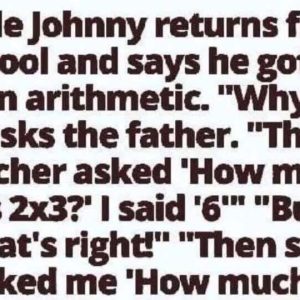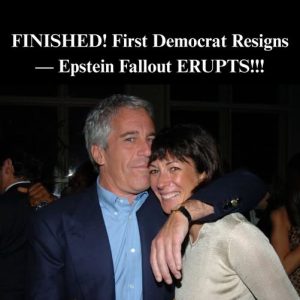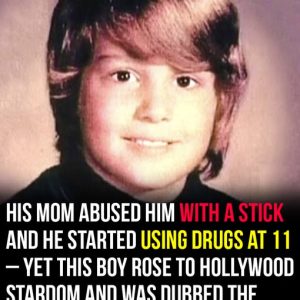Supreme Court Narrows Standard in Veterans’ Benefits Disputes
Washington, D.C. — The Supreme Court, in a 7–2 ruling, has tightened the standard for challenging decisions by the Department of Veterans Affairs (VA). In Bufkin v. Collins, the Court held that federal courts must defer to the VA unless a “clear error” is shown.
The decision marks a departure from the long-standing “benefit-of-the-doubt” principle. For decades, veterans prevailed when evidence for and against their claims was evenly balanced, reflecting recognition of the difficulties in documenting service-related injuries.
At the heart of the case were veterans Joshua Bufkin and Norman Thornton, both denied disability benefits for post-traumatic stress disorder (PTSD). They argued their evidence was strong enough to meet the benefit-of-the-doubt threshold, but the Court disagreed.
Under the new standard, veterans must now show overwhelming evidence of VA error in order to have denials overturned. This creates a significantly higher burden of proof compared with the earlier framework.
The ruling also curtails the scope of judicial review. Even when the record appears evenly divided, courts will be limited in second-guessing the VA’s determinations. Supporters argue this reinforces administrative expertise, while critics say it tilts the system against claimants.
Veterans’ advocates warn of ripple effects, particularly in complex medical cases where records are incomplete or contested. They caution that the new threshold may discourage appeals and reduce access to benefits for those with legitimate but hard-to-prove claims.
Two justices dissented, stressing that the decision erodes longstanding protections designed to honor veterans’ sacrifices. They argued the Court had weakened an essential safeguard that recognized the unique challenges of proving service-related conditions.
Looking ahead, the ruling is expected to reshape veterans’ disability litigation. Advocacy groups and lawmakers may press for legislative action to restore elements of the benefit-of-the-doubt principle, seeking to rebalance fairness in the claims process.





